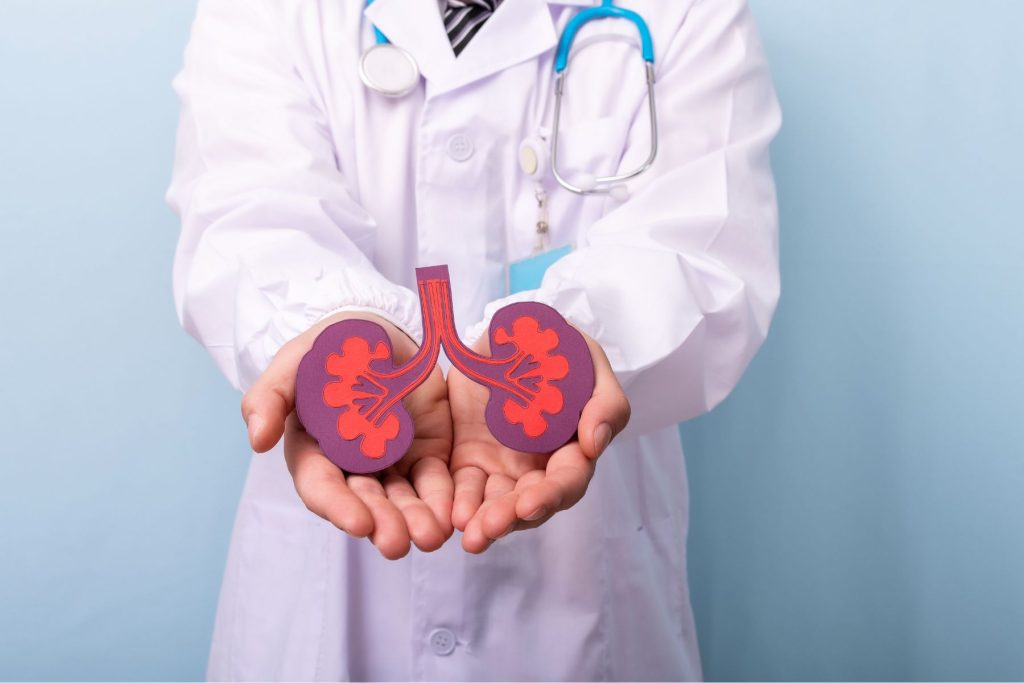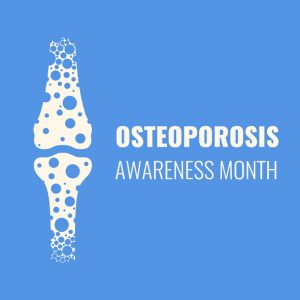A New Approach to Patients with Chronic Kidney Disease
Written By: Maura Fowler, Dietetic Intern at the University of South Florida, College of Public Health
Did you know that the Centers for Disease Control and Prevention states that 1 in 7 US adults have chronic kidney disease (CKD), and approximately 40% aren’t even aware that they have lower-functioning kidneys? It is evident the burden that chronic kidney disease has on the US adult population as one of the leading causes of death totaling costs of $87.2 billion through treating Medicare beneficiaries. Healthy People 2030 goals include reducing the number of cases of individuals with CKD and reducing the rate of individuals who eventually fall into the stage 5 or end-stage renal disease category. Fortunately, research has been developed in the past few years that has shined hope on new ways to provide preventative renal care through nutrition, creating less confusion on what to eat and an avenue for a better quality of life.
Newly developed research has shown the benefits of choosing the appropriate diet for CKD patients, avoiding stigmas of fruits and vegetables higher in potassium and phosphate. The introduction of the PLADO diet is the base for this research and is defined as a diet low in protein, high in fiber, and plant dominant. Research has deemed the initiation of the PLADO diet as safe and shows benefits of slowing CKD progression, preventing cardiovascular harm, establishing better GI motility, growth of better gut bacteria, less inflammation and oxidative stress, and a lower acid-load in the body.
The basic protocols and diet layout consist of 0.6-0.8 grams of protein per kilogram of body weight per day, with at least 50% of that goal dedicated to plant protein, less than 3 grams of sodium a day, more than 25 grams of fiber a day, and adequate energy based on bodyweight goals. Fears of eating fruits and vegetables high in potassium and phosphate are lowered due to the understanding that these sources are not significantly bioavailable to body absorption. The major focus should be understanding processed foods and reading ingredient lists and labels to discover additives that contain much more bioavailable potassium and phosphate.
Meals On Wheels of Tampa provides specialized meals for individuals with renal diseases. Call them today at (813) 238-8410 if you feel a Renal Menu would be helpful to you. It is also essential to consider regularly seeing a doctor, so you know how to allocate your meals to your individualized health goals.
References:
- Centers for Disease Control and Prevention. (2022, February 28). Chronic kidney disease Basics. https://www.cdc.gov/kidneydisease/basics.html
- Healthy People 2030. (n.d.) Chronic kidney disease.https://health.gov/healthypeople/objectives-and-data/browse-objectives/chronic-kidney-disease#:~:text=Goal%3A%20Reduce%20the%20burden%20of,t%20know%20they%20have%20it.
- Kalantar-Zadeh, K., Joshi, S., Schlueter, R., Cooke, J., Brown-Tortorici, A., Donnelly, M., Schulman, S., Lau, W. L., Rhee, C. M., Streja, E., Tantisattamo, E., Ferrey, A. J., Hanna, R., Chen, J. L. T., Malik, S., Nguyen, D. V., Crowley, S. T., & Kovesdy, C. P. (2020). Plant-Dominant Low-Protein Diet for Conservative Management of Chronic Kidney Disease. Nutrients, 12(7), 1931. https://doi.org/10.3390/nu12071931










